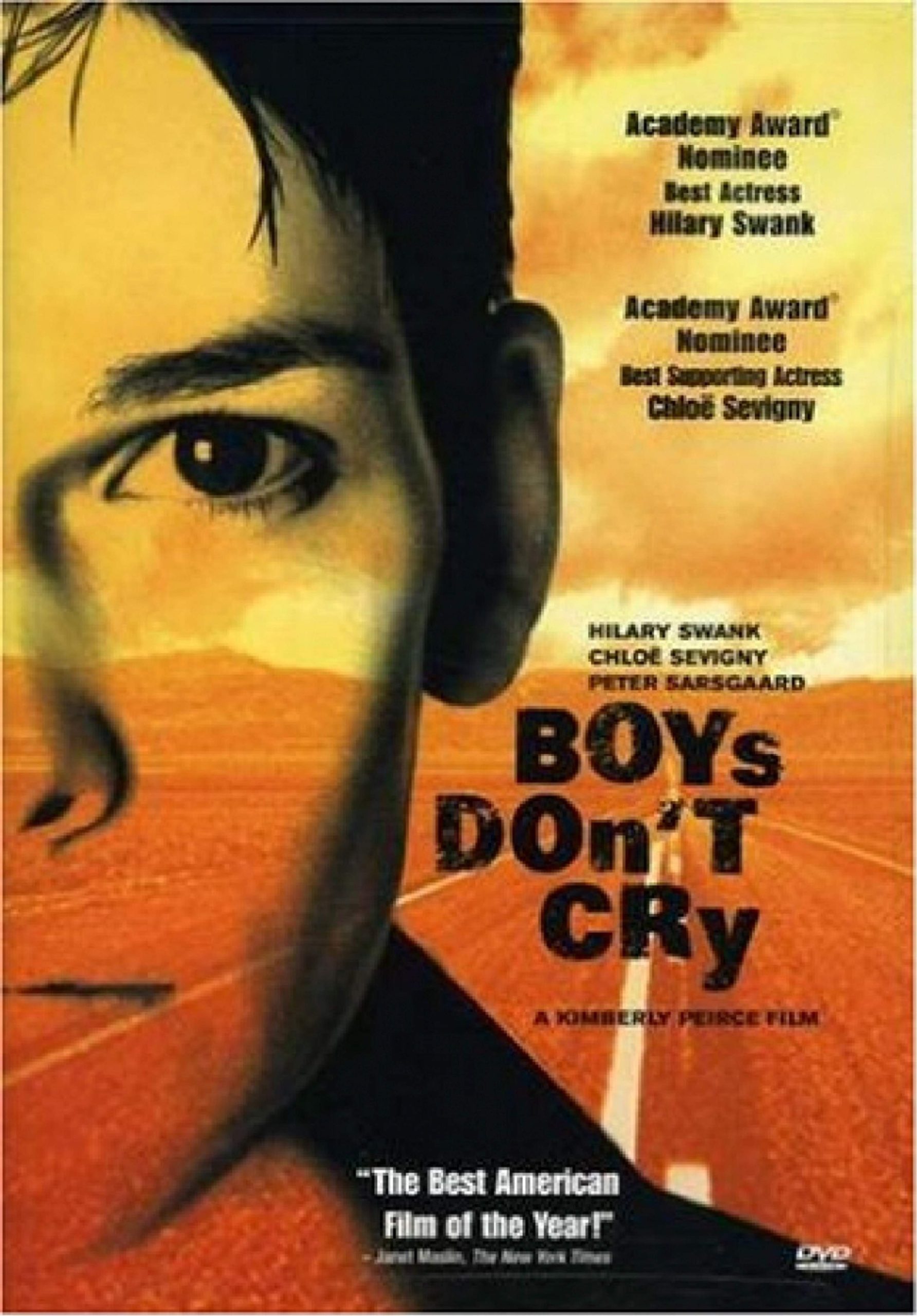In our country, the average age of a farmer is 58. Farmers over 65 outnumber farmers under 35 by 6 to 1. Unfortunately, those hardened agrarians over 65 are aging and retiring – leaving an anticipated two-thirds of the agriculture lands in the U.S. in need of new management over the next 20 years (or sooner). About 573 million acres of land will be in transition. And in Colorado, there has been a 20 percent decrease of beginning farmers and ranchers. Translation: We need more young farmers to step up and get out in the fields.
Why farming appeals to millennials
Although many young farmers in the “millennial” age bracket of 20 to 34, or slightly older, didn’t grow up with a grand tradition of agriculture in their families, the trend is still growing in appeal. “Pretty much every young farmer I know doesn’t come from a background of farming,” said Kellie Pettyjohn, 37, owner of the Wily Carrot in Mancos. “I think what draws young people to it is the freedom.” Indeed: Millennials are famously doing things different from their baby boomer parents. They aren’t getting married, starting families or buying houses out of college at the same times; many are traveling or putting their careers first. Post-college, Pettyjohn initially accepted a corporate 9-to-5 job; but she loves how farming, in contrast, has given her back control. She keeps her dogs with her all day long and sets her own schedule. “You see an impact, you’re able to feed your neighbors and take care of the soil,” said Pettyjohn. “I like the idea of being my own boss. I work hard, but I can tell myself when to do it.”
“Farming is a tangible way to see the product of your work,” adds Kate Greenberg, 29, the Western Water Program Director for the National Young Farmers Coalition (her chapter is called the Four Corners Farmers and Ranchers Coalition). “You see what you’ve accomplished every single day. There’s a pride and independence in agriculture. It’s not theory anymore – you get to practice what water stewardship and soil management looks like. Farmers feel like they’re taking care of a piece of this earth.”
The Young Farmers Coalition was formed in 2010 by a few members in Hudson, New York. They went looking for affordable farmland, couldn’t find it, and realized there was no organization advocating for the needs of young farmers. “We want to reduce the barriers to a young farmers’ success,” said Greenberg. They have helped shape a USDA (U.S. Department of Agriculture) program getting people microloans for starting their operations, covering equipment costs and more. “When young people band together to fight for policies that support them, Washington responds,” reads the manifesto on the Young Farmer’s website. There is power in youth. The food movement could be no exception.
Too many young people leave college buried beneath debt and student loans. But a degree isn’t totally necessary to get started in ag. Pettyjohn studied journalism, anthropology and geography in college, landing a job in D.C. doing homeland security work for Conservation International. “I thought that would be my dream job, traveling the world and saving it,” said Pettyjohn. “But I was miserable. I was in a cubicle.” She started leafing through a WOOFer book (World Wide Opportunities on Organic Farms) and found Dave Banga’s farm in Mancos. “I quit everything, threw my dog in the car and drove out here without a strong plan,” said Pettyjohn. “I didn’t spend years thinking about it – but it’s been the best decision I’ve ever made. I’m poor and dirty, but I’m the happiest person.”
After WOOFing for a season on Banga’s Farm, Pettyjohn decided to stay and farm in the West indefinitely. Several years later, Pettyjohn started the Wily Carrot, her very own (small) farm. This year marks the operation’s sixth season. Pettyjohn grows spinach, lettuce, arugula, tomatoes, peppers, beets, kale, cabbage, carrots (of course), and plenty more. As for the name? “I really liked the word ‘wily,’ and ‘carrot’ is the only food that sounded good with it,” laughed Pettyjohn. “I also liked ‘crooked,’ but Crooked Carrot sounded kind of phallic.” Growing all that food might seem like an impossible task unless you’re born with a green thumb, but Pettyjohn is encouraging. “I can’t keep a house plant alive!” she said. “A lot of it is determination: Even when you’re not good at something, you’re dumb enough to keep going. My first two years were definitely a struggle, and I still kill things all the time.”
Greenberg, who has farmed in three different states plus Mexico, also attended college – but didn’t feel like her work had tangible outcome. “It was lots of studying, but I learn by doing,” she said. Concerned about the state of water, land and how we think about ourselves in relation to the world, Greenberg found agriculture the ideal vehicle with which to negotiate that terrain. She has alternated working as an intern on a draft horse farm in Washington, farming on wineries in California and managing a native tree restoration project in Mexico. She came to Durango as a Colorado liaison to the Young Farmers (the other two members remained in the New York office).
Dustin Stein, 32, has been the ranch manager at the Stubborn Farm & Burk Beef in Mancos for the past four seasons. He’s a Fort Lewis College graduate who studied Adventure Education, and though his grandparents were dairy farmers in Wisconsin, the tradition skipped a generation before him. “I think education is one of the areas agriculture is lacking,” said Stein. “The programs that do exist are fairly traditional and conservative, not doing a great job of teaching sustainable ag. I would’ve benefited from having more book knowledge about botany or animal husbandry, and I’ve had to figure out a lot of stuff as I go along.”
Travis Custer, 29, agrees the industry isn’t all sunshine, rainbows and delicious fresh veggies. Though Custer isn’t a farmer himself, he works closely with many (both young and old) in the region, as the agricultural consultant for the High Desert Conservation District and board member of the Mancos Conservation District. “We’ve seen a growing interest from young people looking to get into the field, but they don’t have access to land, capital, equipment or livestock to get that going,” said Custer. “There are resources out there, like the USDA, loans and grants, but sometimes those are difficult processes. A lot of young farmers are left trying to pull themselves up by the bootstraps in an industry that doesn’t make it easy.”
Is Durango a good place for it?
In a sense, Colorado is a more difficult territory for agriculture than the East Coast, where there is less land and therefore more farmers to cover it all. “We have so much space between us in the West,” said Greenberg. “People are operating on hundreds of thousands of acres. It’s harder to have face time.” And while you might assume Coloradoans are pros at eating local and regional food, Greenberg claims we still have a long way to go. “We have a strong consciousness here, but we need to scale up,” she said. “If you look at the amount of food we produce and consume locally versus the amount of food we consume, it’s barely a blip on the map.”
As for our locale’s other challenges, Custer admits, “We have a short growing season and we’re a long way away from distribution points. When we saturate a farmer’s market with local food, it’s easy to see that as a positive thing – and it is – but it’s only a small piece of the picture. For food to be accessible and equitable, it has to be produced at a price everybody can afford.” Dustin Stein agrees: “There’s definitely a large market for local agriculture here; a lot of restaurants, farmer’s markets and grocery stores. But one of the challenges is the cost of land, and access to it. The price point most of us get for our products doesn’t reflect the true cost of living here.”
The farming culture can be back-breaking, not meant for the weak of spirit. It’s not very profitable and involves a lot of physical labor. Many farmers take second jobs in order to support their operations. “It’s not glamorous,” said Custer. “But agriculture is one of the foundational things about why we exist as we do, as human beings. So we still see a lot of young people enticed by the lifestyle.”
According to Pettyjohn, the benefits of making and sharing her food ultimately outweigh any hardships. “I don’t want to sound cheesy, but it’s a spiritual thing,” she said. “It’s such a cool connection to your backyard. You go to a potluck in Mancos, and everything was grown right in the valley. And there’s no way I’d still be farming here if I didn’t have a group of other farmers who are young and in the same boat as me. Sometimes it’s just moral support, being able to go over to someone’s house and bitch, like, “my irrigation just broke!” I know someone will always come running over and help.”













